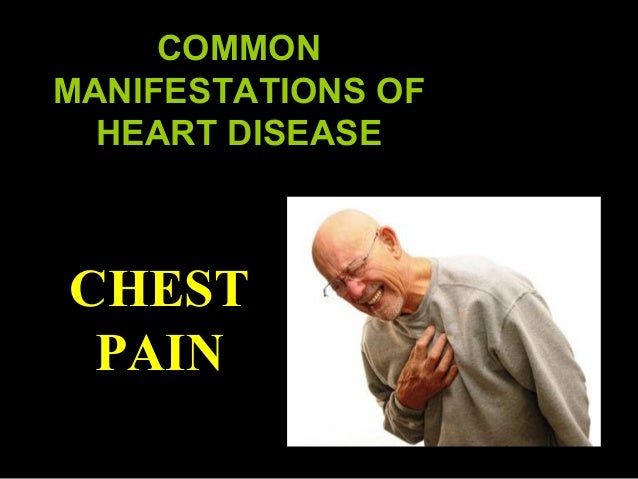The art of
storytelling is as old as the spoken word. It’s an important part of every
culture, race and religion. It entertains, informs, and
connects mankind across time and space.
Most
people enjoy reading or listening to stories at their leisure. The health care
provider, on the other hand, listens to stories all day long because it’s part
of his job. The first thing he does when he sits down with a patient is to
elicit the history, or story, of the patient’s illness. It forms the basis of
all that follows: performing the physical examination, arriving at a diagnosis,
and formulating a treatment plan for the patient.
"Tell your story
with your whole heart."
~Brene Brown~
The
health care provider listens for specific details that help him make the
diagnosis. If the patient’s problem is pain, the provider needs to know where
the patient feels it, whether it’s sharp or dull, steady or throbbing, constant
or intermittent. He needs to know how long the patient has had the pain—for a
day? For a week? For years? What makes it worse? What makes it better? For
example, the pain associated with a migraine headache is throbbing whereas in a
tension headache it is usually steady. Gallbladder pain can come and go for
months whereas the patient with appendicitis has steady pain and usually seeks
medical care within a day or two. These are important details.
The problem is
that patients don’t know what the physician needs to hear. They don’t arrive at
the office with a list of relevant signs and symptoms. It’s the provider’s job
to ask about them, but he has only so much time to get to the bottom of the
patient’s problem.
For this reason, doctors often redirect the patient who appears to be getting off-track or is slow coming up with answers. In fact, one frequently quoted study found that most physicians interrupt and redirect the patient when they are as few as 18 seconds into the interview. Frequent redirection leads the patient to believe that what he wants to say isn’t important or relevant. Instead, he tries to give the doctor the information he needs while other parts of the story go untold.
Let’s
say the patient presents with a three day history of abdominal pain. He answers
all of his doctor’s questions. The pain has been present for four days. It started in his upper abdomen, but now it is diffuse. The pain is constant and it radiates into his back. Eating makes it worse. In
fact, the patient says he hasn’t been able to keep anything down for the past two
days. After a focused physical exam, and after running a few tests, the
physician correctly diagnoses him with acute pancreatitis. But that
doesn’t explain why the patient starts to complain of a headache, has
trouble keeping his balance and appears confused twenty-four hours after being admitted to the
hospital.
What
the doctor doesn’t know is that the patient has been drinking heavily because
his wife walked out on him recently. In fact, he blacked out a couple of days ago
and he woke up on the floor next to the bed. The patient didn’t mention it
because he was busy answering the doctor’s questions about his stomachache. So
the doctor missed the small subdural bleed the patient sustained during the
fall until days later when he finally developed symptoms.
This is
a theoretical scenario but it highlights an important problem. Obtaining an
accurate and complete medical history takes time. When the patient is
constantly redirected in order to satisfy the provider’s agenda, important
parts of the story may be left out.
"A layman will no doubt find it hard
to understand how pathological disorders
of the body and mind can be eliminated
by mere words.
He will feel that he is being asked
to believe in magic."
~Sigmund Freud~
This
reinforces the importance of the hearing patient’s full narrative in medicine. Besides being a sign of respect and concern, the
ability to listen to the patient can be a life-saving skill.
"Health care is supposed to build
on the patient's story with each contact,
but if we don't know the story
each contact becomes a closed episode
of its own, disconnected from
every other episode.
Fragmentation results as the outcome of a
non-storied approach to health care."
~Lewis Mehl-Madrona, MD~
jan

















